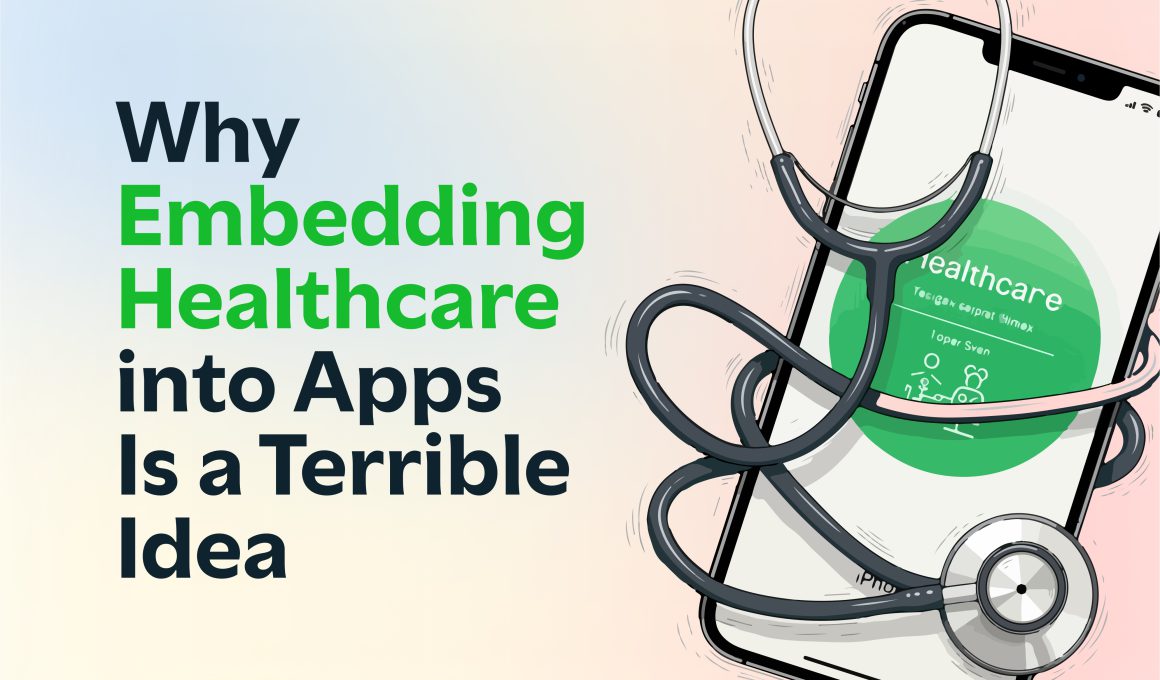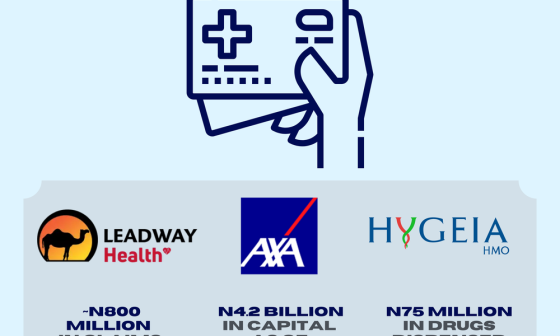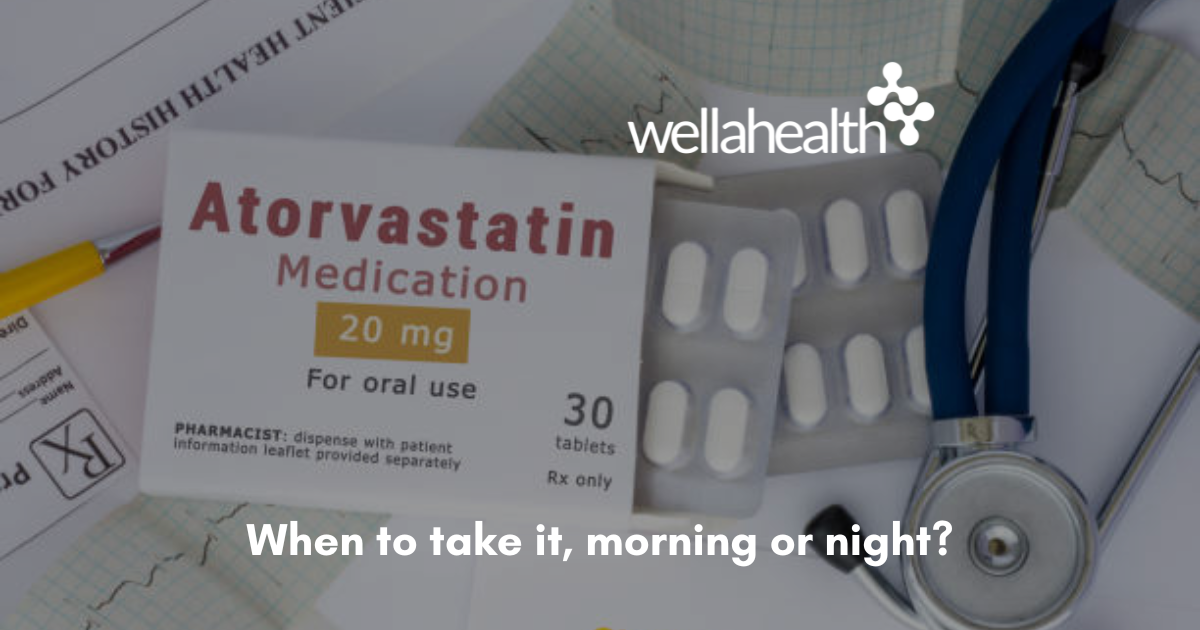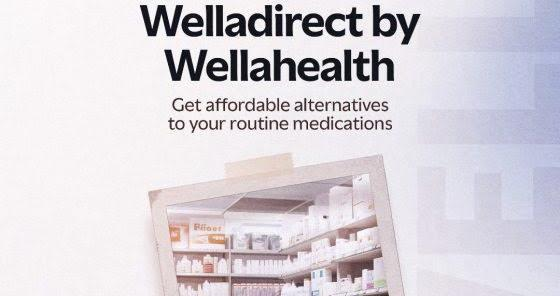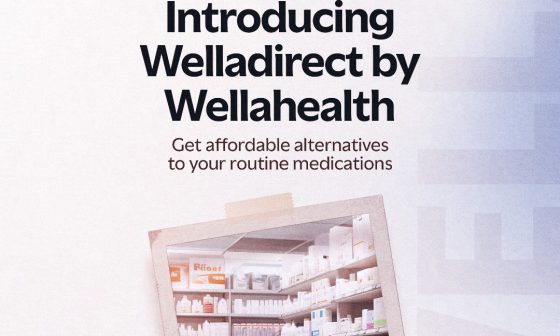At first glance, the idea of healthcare showing up inside your bank or digital wallet app feels confusing. Apps are for sending money, paying bills, or buying data, not for blood pressure checks or doctor consultations. For many Nigerians, the thought of mixing medicine and mobile payments feels unsafe, almost like treating healthcare as another in-app purchase.
But here’s the thing: what seems like a terrible idea is actually one of the most practical solutions to Nigeria’s healthcare crisis. Let’s unpack why.
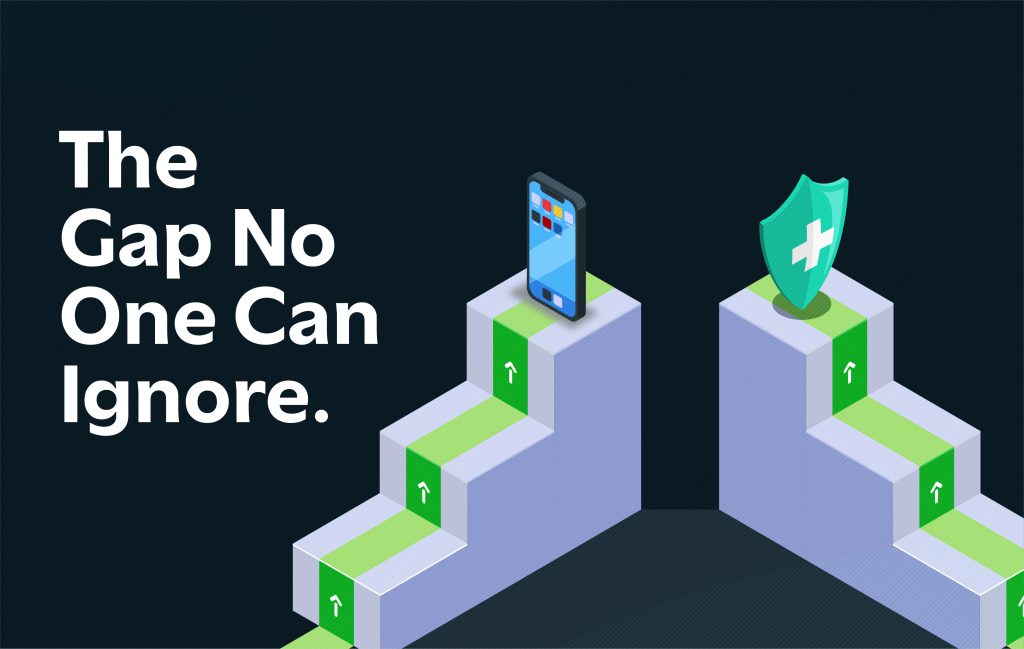
The Gap No One Can Ignore
Nigeria’s healthcare system is under immense strain. The country has roughly 1 doctor for every 4,000–5,000 people, compared to the World Health Organization’s recommendation of about 1 doctor for every 600 people. That shortage means millions go without timely medical care. Clinics are overcrowded, queues are long, and in rural areas, people may need to travel hours before seeing a licensed professional.
At the same time, Nigeria’s digital life is booming. There are over 170 million active mobile subscriptions, and about 107 million Nigerians are internet users. On the financial side, digital wallets are no longer niche: platforms like PalmPay alone boast over 35 million registered users. Wallets, banking apps, and fintech platforms are part of everyday life for tens of millions.
This combination, a struggling health system and a thriving digital ecosystem, is exactly why embedding healthcare into apps makes sense. The fear is understandable, but the numbers don’t lie: apps already have the reach, and people already trust them.
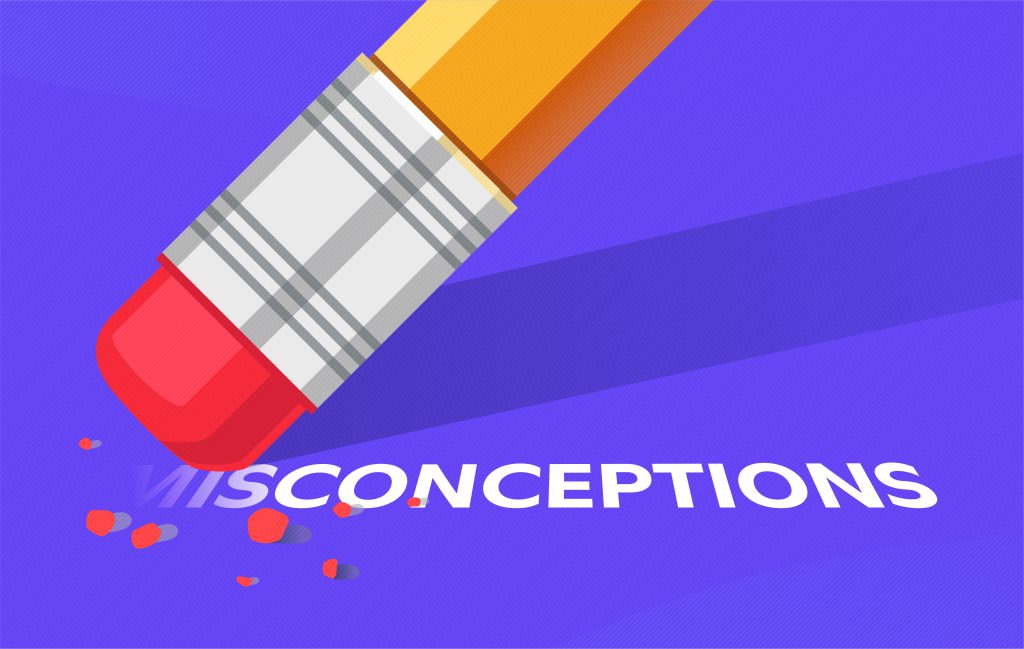
The Misconceptions Holding Us Back
Whenever embedded healthcare comes up, five common myths dominate the conversation:
- “Apps will try to replace doctors.”
False. Apps don’t diagnose or operate. They connect users to licensed professionals, verified pharmacies, and real clinics. - “It’s only for the rich or tech-savvy.”
Not true. With mobile subscriptions surpassing 170 million, mobile-first solutions are widespread. Even feature-phone users can access services through USSD or SMS. - “Data privacy will vanish.”
A real risk, yes, but solvable. Consent-first data collection, encryption, and transparent policies are becoming industry standards. - “Nigeria’s infrastructure is too weak.”
Fintech thrived in the same environment. If digital wallets can process millions of transactions daily, health consults can ride on the same rails. - “It’s just another way to make money off people.”
Done wrong, yes. Done right, embedded healthcare reduces costs by focusing on prevention and early care instead of late, expensive hospital visits.
Five Reasons It’s Actually Safe and Effective
- Trusted Platforms Already Exist
Nigerians log into wallet and banking apps multiple times a week, sometimes multiple times a day. These apps have become as familiar as cash. Embedding healthcare into platforms that people already use daily reduces the learning curve and builds on existing trust. If you trust your app to hold your money, you’re more likely to trust it to connect you to a licensed doctor or lab, especially if the health features are branded and verified. - Verified Provider Networks Prevent Abuse
One of the fears about app-based healthcare is that “anyone” could pose as a doctor. Embedded systems address this by onboarding only licensed doctors, clinics, and pharmacies, with identity checks, license verification, and ongoing audits. Think of it like a banking KYC process, but for healthcare providers. The same way fintechs won’t let a fraudulent account slip through, embedded health platforms ensure you only interact with real professionals. - Preventive Care at Your Fingertips
One of Nigeria’s biggest health challenges is that people often wait until illness becomes critical before seeking care partly because of cost, partly because of distance. Embedded healthcare flips this pattern. Imagine topping up airtime and seeing a reminder to book a blood pressure check, or your wallet nudging you to test your blood sugar after detecting a health spend last month. By making small preventive steps part of everyday digital habits, Nigerians can catch conditions like hypertension and diabetes earlier, saving lives and money. - Cost Efficiency That Works in Real Life
Healthcare costs push many Nigerians into financial distress. Out-of-pocket expenses make up more than 70% of health spending. By embedding health into digital platforms, preventive checks and quick consultations become affordable. Micro-payments, pay-per-use consults, or bundled health credits in wallets make early care cheaper and more accessible. Instead of paying ₦30,000 in a hospital after complications, a user could pay ₦2,000–₦3,000 earlier in the app for a preventive check. - Scalability Beyond Clinics
Building hospitals takes years and billions of naira. Scaling embedded healthcare takes a software update. With over 100 million Nigerians online and 170 million with active mobile lines, health access can scale rapidly without new bricks and mortar. This doesn’t replace hospitals but frees them up for emergencies, while routine needs like consults, lab tests, and prescriptions move into the digital space.
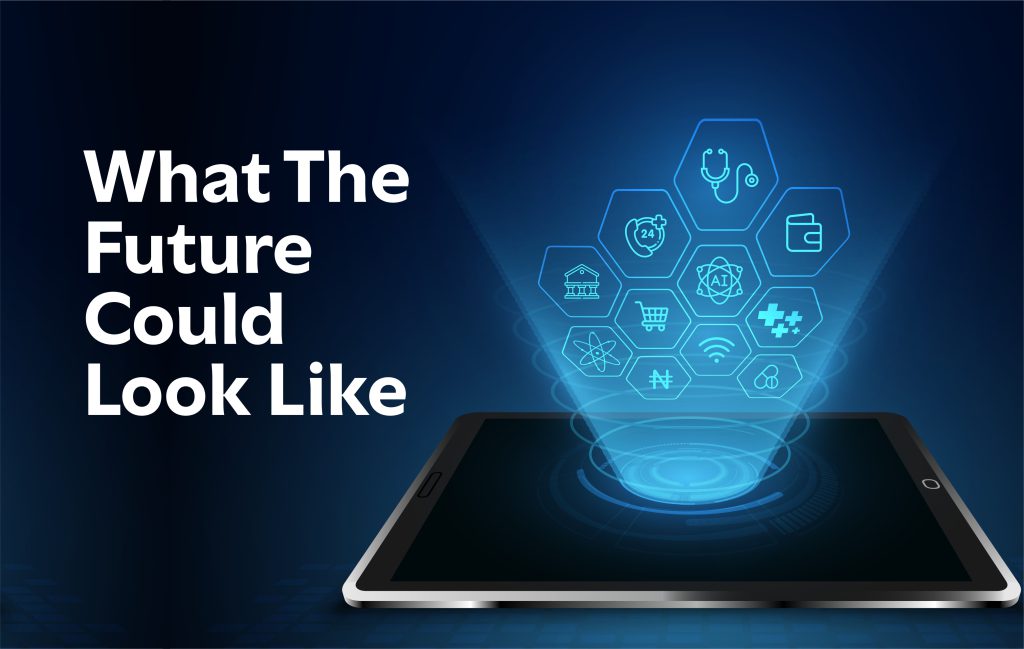
What the Future Could Look Like
- Banking + Health Integration
Imagine your bank app reminding you about a free annual health screening alongside your financial summary. The same way banks monitor your financial health, they could also support your physical health nudging you toward preventive care instead of waiting for illness. - Digital Wallet Apps as Emergency Lifelines
Digital wallet apps could soon offer built-in emergency health coverage. If a user suddenly needs hospital care, their wallet balance could automatically unlock a health credit or ambulance call, preventing delays that cost lives. - Telco-Health Bundles
Airtime purchases on MTN or Airtel might come with free monthly virtual doctor consultations. Just as telcos offer bonus data and night plans, they could also reward loyalty with preventive healthcare. - E-commerce + Pharmacy Fulfillment
Shopping on e-commerce platforms could soon mean access to affordable medicines via integrated pharmacy networks. Verified prescriptions from app-based doctors could be fulfilled and delivered the same way groceries are. - AI + Local Doctors in Tandem
AI could triage basic symptoms, cough, fever, stomach pain, and route users to Nigerian doctors online. This shortens wait times, reduces clinic queues, and makes care more efficient without cutting humans out of the process.
In short, embedded healthcare won’t make your bank app “play doctor.” It will make your apps a safe doorway to real healthcare, one that millions of Nigerians can step through with less cost and more convenience.
The truth is: embedded healthcare isn’t about replacing hospitals or doctors. It’s about making sure that by the time you get to them, it isn’t already too late. With the right guardrails, licensed providers, privacy protections, transparent pricing, embedding healthcare into apps could be one of the most transformative shifts in Nigeria’s health system.
In a country where over 100 million people are online but millions still can’t reach a doctor when they need one, the terrible idea might just be the brilliant one.
